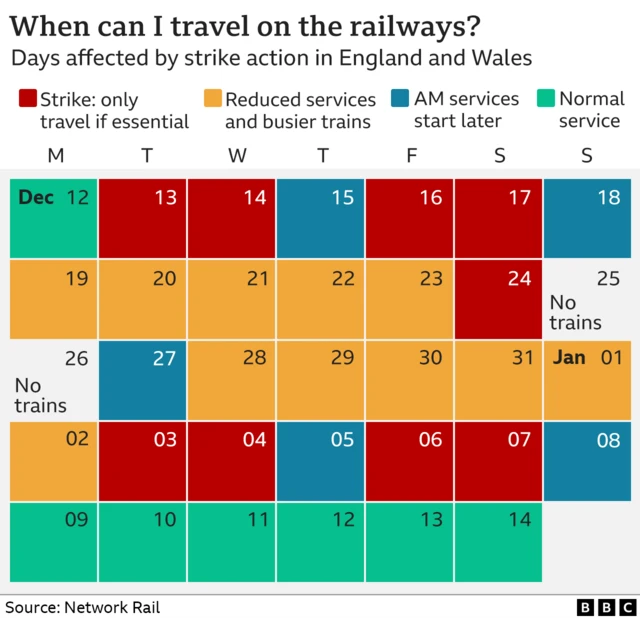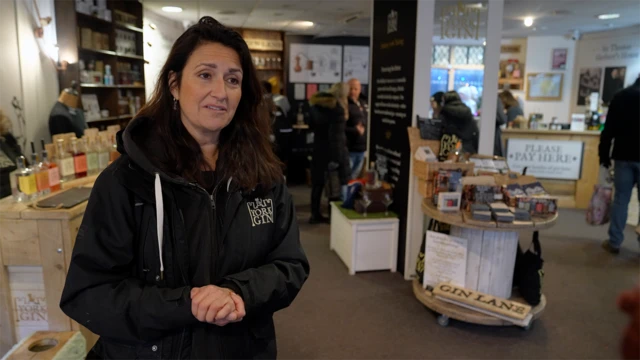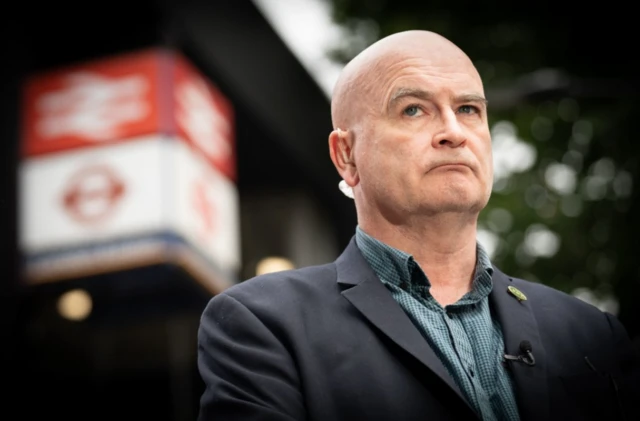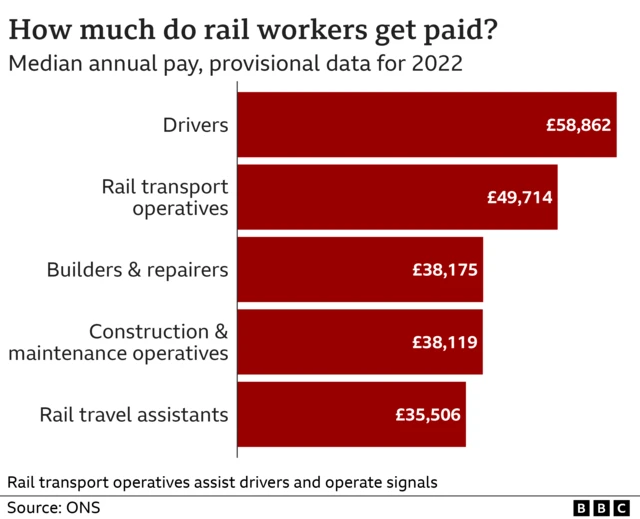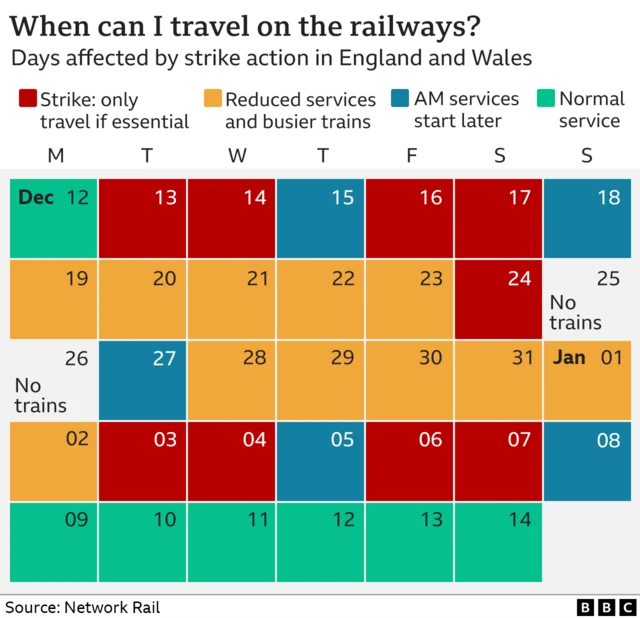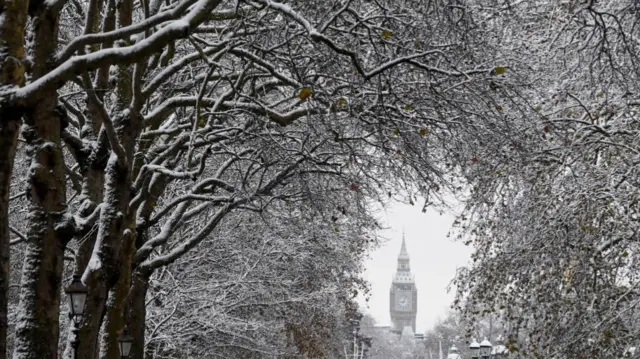Days lost to strikes hit highest in over a decadepublished at 07:21 GMT 13 December 2022
The number of working days lost to strikes last month reached the highest in more than a decade, according to official figures.
The Office for National Statistics said 417,000 working days were lost because of labour disputes in October 2022 - the highest since November 2011.
The UK has been hit by widespread industrial action this year, with another set of strikes by rail workers starting on Tuesday.
You can read more here.
